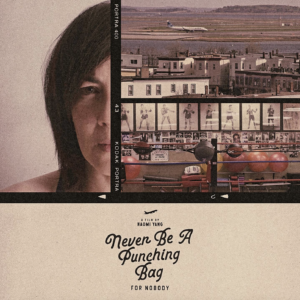By ALONDRA AGUILAR RANGEL
Translated by JENNIFER ACKER
Piece appears below in both English and Spanish.
There are people who express with songs what they can’t express with their own words. My grandfather is one of these people.
Papá José, as we grandchildren call him, is a reserved man, but he has a unique way of talking about his life and expressing his feelings. His hair is now covered in white and his face in lines. He usually wears a pair of gray pants, a flannel shirt, his old sandals and his light brown sombrero. He’s a working man of the countryside.
I visit him only once a year. Like many people from my country, I go to Mexico every December to spend Christmas and New Year’s with my family. It has been twelve years since I left home, the house where I grew up, the dirt streets and brick houses where I spent my childhood on the outskirts of Morelia, the capital of Michoacán. I went to elementary school there, then junior high school, until my family and I moved to the United States. So much time has passed since then. And now I have repeated the family history. Three years ago, I left my parents’ house in California to go study on the other side of the world. I can travel only once a year. The distance and time make me miss my family a lot. I question why we are constantly moving: Why do we keep looking for a better life somewhere else? This is why, for some time now, I have felt the need to talk more with Papá José, to know more about his life. I try to take advantage of every visit to talk to him and listen to his stories.













